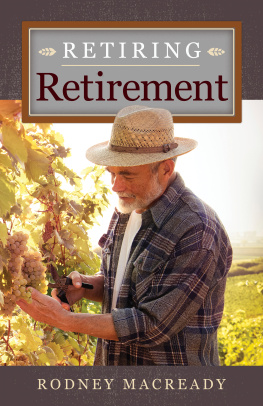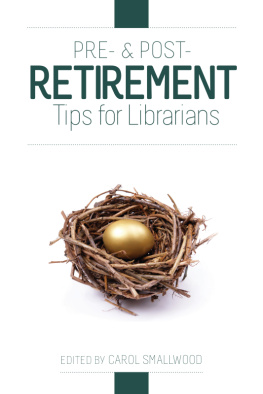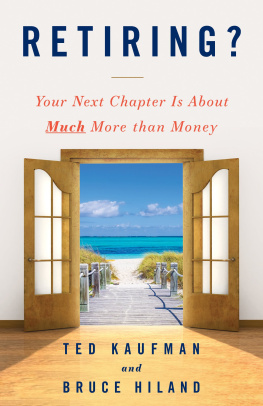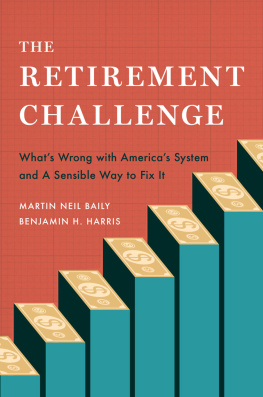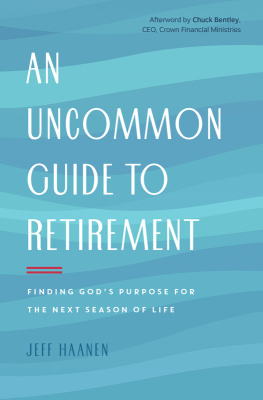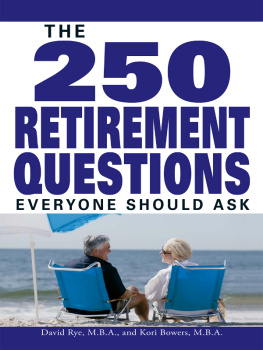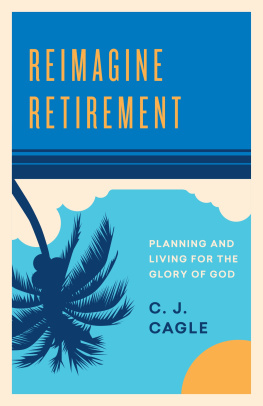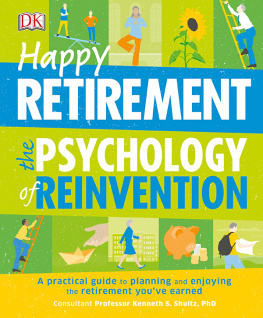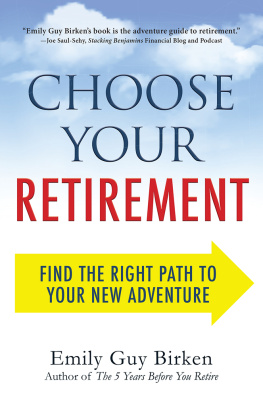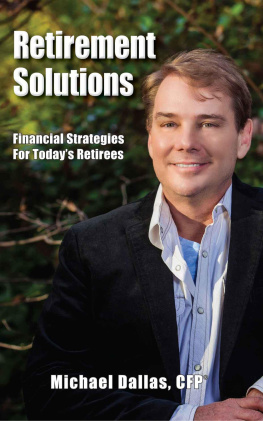All rights reserved. No part of this book may be reproduced or transmitted in any form or by any means, electronic or mechanical, including photocopying, recording, or by any information storage and retrieval system, without permission in writing from the publisher.
Unless otherwise noted, Scripture quotations contained herein are taken from the Holy Bible, New International Version, NIV. Copyright 1973, 1978, 1984, 2011 by Biblica, Inc. Used by permission of Zondervan. All rights reserved worldwide. www.zondervan.com The NIV and New International Version are trademarks registered in the United States Patent and Trademark Office by Biblica, Inc.
Due to technical issues, this eBook may not contain all of the images or diagrams in the original print edition of the work. In addition, adapting the print edition to the eBook format may require some other layout and feature changes to be made.
FOREWORD
A good book provides a conversation partner. A good conversation partner provides a dialogue. A good dialogue provides the opportunity to learn, think, grow, change, and develop.
There is little point in reading a book to confirm your opinions. Often it is best to listen to a conversation partner with whom you disagree. Yet it is most valuable to dialogue with somebody who shares the same fundamental assumptions, who speaks the same language and inhabits the same thought world but disagrees on a particular point.
Such a conversation partner is like a teacheropening up new worlds of thought. This is the case with Rodney Macreadys book Retiring Retirement.
A few years ago, an American friend of mine, Dr. Phil Burgess, told me he was writing a book against the common culture of retirement. I thought it sounded interesting and strange. It had never occurred to me that there was any alternative to retiring. I put it down to Phils zest for life and his American work ethic. But Phil insisted it was a matter of Christian commitment. When Phil returned to America, I lost my only goad to think afresh on this topic, though his challenge continued to spur me to think about the whole Christian philosophy of work and especially retirement. I suspected Phil was right, but my life was too busy for me to thoroughly investigate the Bibles teaching on retirement.
I saw a number of Christian friends retire, but continue in active service of others. Their financial arrangements changed, their workplaces changed, but their productive service of the community did not diminish; in some cases it increased. I came to the conclusion that we resign rather than retire. We resign from one employment in order to work differently for the good of the community.
Then Rods manuscript arrived at my desk.
Here is the conversation partner Ive been looking for. This book goes back to basic principles, assuming only the general theological position of the average evangelical believer regarding biblical authority and method.
There are no holds barred as Rodney wrestles with the question of retirement. The very topic forces him back into the Bibles view of work and rest and so back to creation, the eschaton, and all stops between. Its exactly the right way to tackle a question such as this, for so many of our ideas and values about retirement are derived unconsciously from our culture.
As an Australian, it is so easy to take our affluent Western way of life for granted, and worse, to generalize it to all people; worse still, to find it in the Bible! There is always this danger in exegesis: that we read the Bible from our life instead of reading our life from the Bible. Those reading this book from outside the Australian context will be particularly helped by its different perspective as well as its biblical awareness of universal principles. Again, that is the advantage of a good conversation partner, who can point out our unwitting biases and help us look at ourselves from the viewpoint of the Scriptures.
Rod helpfully takes time to tell us about himself, so that his readers can join him in evaluating how his cultural and personal biases may be clouding his judgment. Apart from being personally interesting, this is of great benefit, because it confronts the reader with his or her own particular assumptions about work and retirement.
This is not the book for those who want ten essential tips for a happy Christian retirement, nor the best way to a fulfilling retirement. Its a book that raises serious questions about our ready acceptance of the worlds values about retirement. And whether you agree or disagree with the argument, it is a discussion that is long overdue. Rod Macready is to be thanked not only for raising the topic but for doing it in such a thoughtful and biblical way.
Phillip D. Jensen, Bible Teacher and Evangelist
Two Ways Ministries, Newtown, Australia
INTRODUCTION
Let me be clear from the outset. I dont think retirement is a biblical conceptespecially the way its practiced in my Australian culture. And since my Australian culture is part of a larger animal known as Western culture, I suspect its the same for that broader context. Since I dont have personal experience of those other cultures, I cant say for sure, but a few others who do live within those cultures have assured me this is the case.
The Purpose of This Book
My aim is to challenge you to think about retirement and what the Bible has to say in relation to it. You dont have to end up agreeing with mealthough, of course, I think itd be nice if you did. My big concern is that we Christians have simply adopted our cultures thinking about retirement without examining it to determine whether it fits with our profession to acknowledge Jesus as our king. And that, it seems to me, is dangerous. Weve allowed the world to squeeze us into its shape and dictate to us all our dreams, goals, and aspirations about this increasingly lengthy period of our lives.
Occasionally you hear about some areas of the retired lifestyle that are baptized with an element of Christian religionlike Christian seniors golf days or Christian seniors tour groups. I can sympathize with the sentiment behind such activities and appreciate the evangelistic thrust of many of them, but I think they fail to deal with the underlying beast. Such activities simply accept retirement and its accompanying cultural values as a given and seek to somehow Christianize them. I think thats a bit like trying to Christianize greed. We need first to get to the root of the issue. That involves investigating what God-honoring values imply about retirement itself.
I know the Australian image of enjoyable, leisured retirement resonates with something in the very depths of my being. It doesnt take much for me to picture (and anticipate with great desire!) a lifestyle of overseas holidays, playing golf, reading novels, and enjoying fine cuisine. You can substitute your own pet pleasures if those particular things dont take your fancy. Does the Bible promote that sort of lifestyle for Christians? I think not. Its not that those things are sinful in themselves. Indeed, they may each have a place in the Christian life. They could be considered examples of enjoying Gods good creation with thanksgiving. But, as a lifestyle in this current age, theres something there that clashes sharply with Christian values.

